
The next time you encounter a goat, be sure to smile at it. We all know dogs are good at reading our moods, but it turns out goats may have a talent for telling if humans are happy or not, too.
Previous research has shown that goats have some pretty impressive cognitive abilities. They can recognize what their goat friends look and sound like, and also communicate via their gaze, which is something only dogs, horses, and primates are known to do.
The international team of researchers led by Alan McElligott of London’s Queen Mary University appeared to demonstrate that the animals preferred to interact with the smiling faces.
The scientists showed photographs of the same human face – looking happy or angry – to 20 goats. When shown the photos from a distance of four yards, the goats generally made straight for the happy image, exploring it curiously with their snouts.
According to the team, the happy faces got greater interactions from the goats, who were more eager to approach and explore the images with their snouts.
Curiously, this was even more likely when the happy faces were positioned on the right of the test arena. The scientists said that suggested that goats used the left hemisphere of their brains to process positive emotion.
“Goats looked and interacted on average 1.4 seconds with the happy faces and 0.9 seconds with the angry faces,”
“That means that goats spend approximately 50% more time to look and interact with happy images compared to angry ones.”
– Study co-author Christian Nawroth of the Queen Mary University of London.
The study had a small sample size of 20 goats, so it’s possible you may run into a grumpy goat that could care less if you’re grinning, but the research opens up an interesting new set of questions about how animals perceive human emotional expressions.
New research from @QMULSciEng reveals that #goats prefer happy faces: https://t.co/Ovw0oLSuu0 pic.twitter.com/xh91jFqoam
— QMUL News (@QMULnews) 29 augusti 2018
Goats, unlike dogs or horses, were not domesticated because of their ability to read and respond to human moods, but to provide their milk, meat, dung, and coats.
“The study has important implications for how we interact with livestock and other species, because the abilities of animals to perceive human emotions might be widespread and not just limited to pets,”
– A study author, Alan McElligott.
Reference:
Christian Nawroth et al., 2018. Goats prefer positive human emotional facial expressions. Royal Society open science.




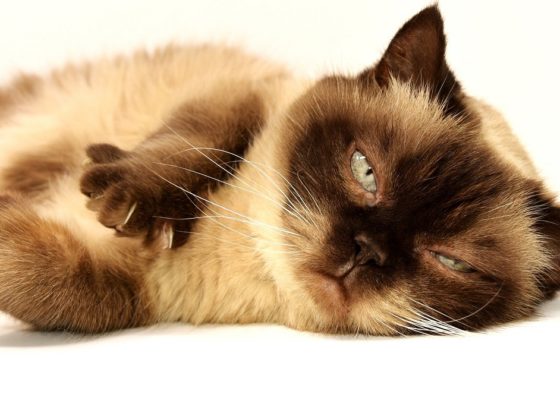
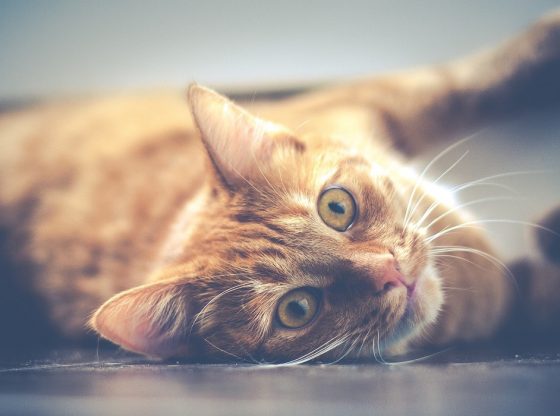
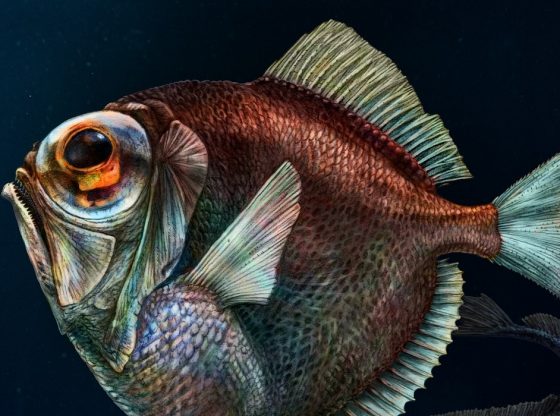


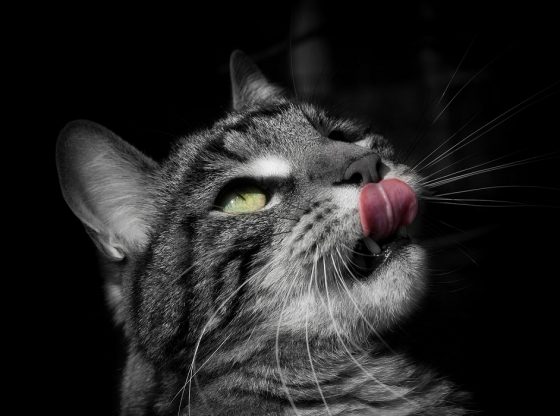
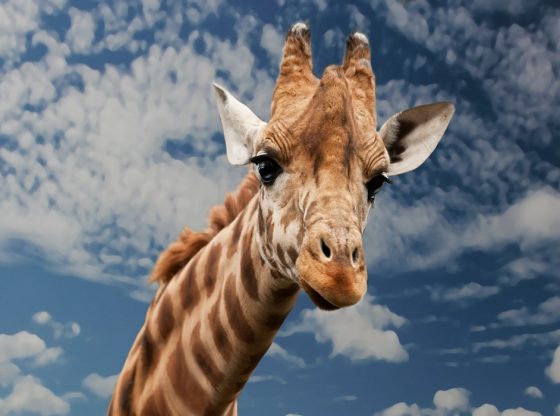
![OpenAI. (2025). ChatGPT [Large language model]. https://chatgpt.com](https://www.illustratedcuriosity.com/files/media/55136/b1b0b614-5b72-486c-901d-ff244549d67a-350x260.webp)
![OpenAI. (2025). ChatGPT [Large language model]. https://chatgpt.com](https://www.illustratedcuriosity.com/files/media/55124/79bc18fa-f616-4951-856f-cc724ad5d497-350x260.webp)
![OpenAI. (2025). ChatGPT [Large language model]. https://chatgpt.com](https://www.illustratedcuriosity.com/files/media/55099/2638a982-b4de-4913-8a1c-1479df352bf3-350x260.webp)








